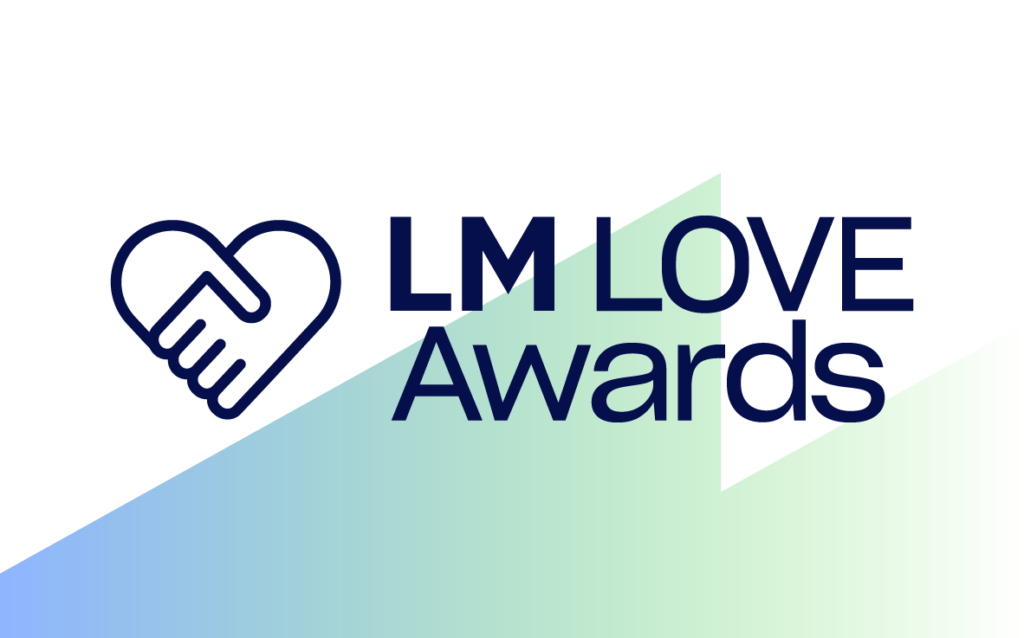Behavioral interviews are a valuable opportunity for us to learn more about your unique background. Instead of asking questions that would put you into a specific box, these interviews allow us to delve into your past experiences and stories to get to know you as an individual. We believe in celebrating individuality and diversity, which is why all interviews at LogicMonitor follow the behavioral interview format, with a focus on our core values: Better Everyday, Trust, Agility, Customer Obsessed, and One Team.
We have compiled the following tips to help you approach your interviews with confidence and ensure you have a productive and rewarding experience:
1. Come Prepared
Think through what questions you might be asked and how you would answer them. As a general rule, keep most answers around the 2-4 minute mark and try to answer only what is asked of you. We have included some example interview questions below to help:
- Why are you leaving your current job?
- What are you looking for in your next role?
- Tell me about a time when you had competing priorities for tasks and responsibilities.
- Tell me about your past work environment. What did you like/dislike about it?
- Who have you worked with cross-functionally, both internally and externally?
- Tell me about a time when you received feedback from a manager.
- Tell me about a time when you worked well on a team.
- Are you familiar with XYZ tool, and how have you used it?
- Why are you interested in [company] and this role?
- If applicable, be prepared to explain any gaps in your resume and/or short stints at companies.
2. Use Specific Examples
Answer behavioral interview questions using specific examples from your experiences. Following the STAR method is a great way to do this. Share the situation you are referencing, the task you were given, the action you took to handle the task, and the result your action achieved.
Example Question: Tell me about a time when you received feedback from your manager.
Situation: At my last company, I was responsible for running social media campaigns for a major client.
Task: My manager pulled me aside to provide feedback on how I could improve the campaign and enhance its effectiveness.
Action: I actively listened, took notes, and asked clarifying questions to better understand her suggestions. I summarized her feedback, thanked her, and developed a plan to address it.
Result: Implementing my manager’s feedback improved engagement and conversations. The client was pleased with the campaign, and my manager commended my openness to feedback and ability to apply it. I learned how important it is to embrace feedback for growth and development.
3. Be Honest
Share both successes and failures and what you learned from them. Describe specific aspects of the job description where you exceed expectations and where you would need additional training. There is no such thing as the “perfect candidate,” so this will allow the interviewer to see your authenticity and also explain how they can help you fill in any gaps. This is a great place for you to be transparent and demonstrate your alignment with Trust, a LogicMonitor value.
4. Stay Positive
We know not every work experience will be 100% positive. It is okay to be honest, but try to focus on positive framing to demonstrate your communication and problem-solving skills. For example, if you and your previous manager struggled with communication, you could say, “I work well with managers who have an open and transparent communication style, so that is a focus for me in finding my next opportunity.”
5. Do Your Research
Research both the interviewer you are speaking with and the company you are interviewing for (in this case, LogicMonitor!). Taking the time to understand who you might be working with, as well as the overall values and culture of the company, will help you figure out which questions to ask, as well as showcase your interest.
LinkedIn and the company website are great places to start.
Check out our Candidate Resources Page for more info and tips on interviewing.
Overall, we hope these tips will help you approach your interviews with confidence and make the most out of the experience.
Good luck!

Subscribe to our blog
Get articles like this delivered straight to your inbox







